
As you know, 4c hair is the most frizzy hair, but also more fragile. These beautiful, tight curls will thrive with moisture and a gentle touch. If you have this type of hair, it's essential to have an effective hydration and styling routine after washing, and in this article, I'll show you what to do after washing your 4c hair. Go on reading.
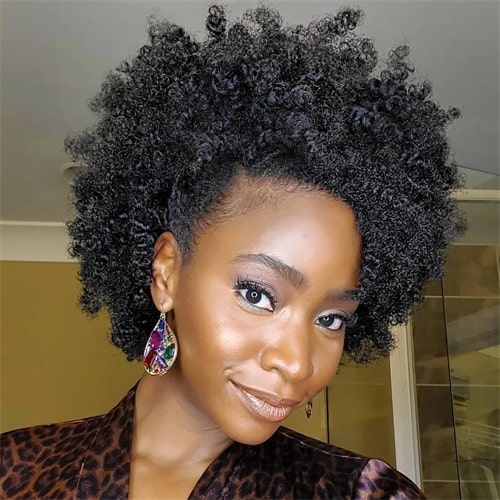
In your daily life, you may think you have 4c hair, but do you have them? Even if you're sure, it doesn't hurt to double-check. In fact, this hair type is the last remaining hair type in type 4 hair. These small circles tend not to have a curly pattern and tend to get quite tangled.
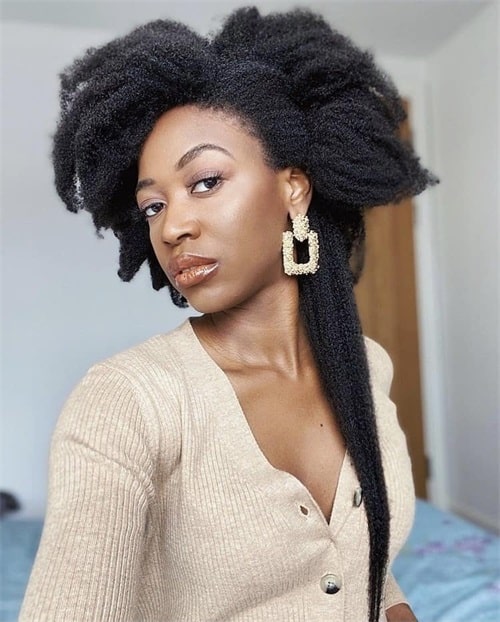
Shrinkage and drying are also often major problems with this hair type. The 4c hair ranges from fine to thin and can be very soft, but it can also be very rough with dense strands of hair. Your curls are also very delicate, so you must care for them properly.

While all types of curly hair dry out very easily, the 4c hair needs extra moisture. Overwashing the 4c hair can strip away the natural oils that keep curly hair healthy and hydrated. When you wash your 4c hair, you can use a mild, moisturizing, sulfate-free formula, and minimize tangles by treating your hair before and after cleaning.

Once you master the effective ways, your curls will always look gorgeous. Here are 5 points you can follow, but know this is just the beginning. You may need to tinker a little more with your programs and products to find what works for your unique curls.
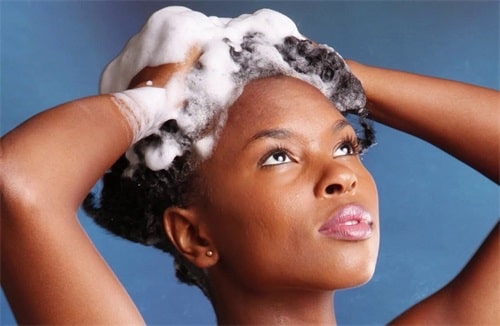
Not only do you need to pay attention to the health of your hair, but also your scalp should not be neglected. Be sure to use essential oils and other products that help protect your scalp so that they can aid in your hair growth journey. Sometimes even a well-deserved massage will do the trick. As we always say, if you want healthy hair, start with a healthy scalp.
After washing your 4c hair, you can dry it gently with a T-shirt or microfiber towel, not a regular towel for best results. Avoid rubbing, which can lead to frizz and ruin your crimping pattern. Therefore, you can gently pat and squeeze the excess water on your hair strands. Keep pressing until your hair stops dripping. The aim is not to dry your hair completely, just to get rid of excess water. Your hair will be damp afterward. You can use a moisturizing conditioner, but you need to be focused on the ends and medium to long hair, and a brush or even a comb may be a little too harsh for your delicate curls. On the contrary, use your fingers to gently untangle any knots you may have in your hair. Always make sure to add some synovial fluid, either leave-in care or even some water.
After washing your hair, the 4c hair is hydrated, you'll want to use a sealer to lock in the moisture. Sealants, such as silicone serums, heavy creams, and oils are placed on your hair. They form a barrier between your hair and the outside environment, trapping moisture inside and preventing evaporation. The best thing about sealing your hair is that the benefits aren't just related to hair health. The more moisture you lock in after washing your hair, the more your curls will retain their elasticity and clarity. It can also help your curls last longer, so you don't have to refresh them as often.
The final step in the post-shampoo program is drying and styling. If your priority is hair health, opt for air-dried and low-handling hairstyles such as box braid, twist, or Bantu knot.
When you have 4c hair, do as little thermal styling as possible. Tame your frizz by relying on the 4 Cs and styling that define frizz, rather than using thermal tools. In addition, to protect your curls at night, you need to wrap a silk hat or scarf around your head and use a satin pillowcase to reduce the friction that causes frizz.
Everyone's hair is different, even those with 4c hair. As a result, you may need to moisturize your hair more often than others with the same hair type. If your hair is dry, damaged, or chemically treated, try hydrating it every two to three days.
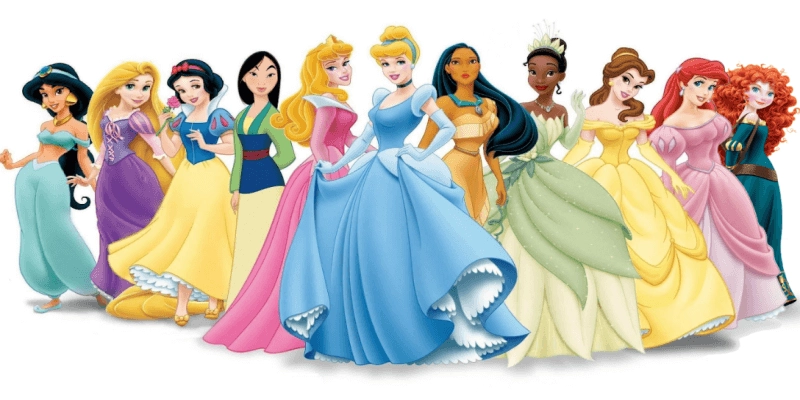 8 Disney Princesses Hairstyle Collection-You Don't Miss
8 Disney Princesses Hairstyle Collection-You Don't Miss
 Swoop Ponytail: How do You Tie a Unique Hairstyles?
Swoop Ponytail: How do You Tie a Unique Hairstyles?
 2023 Hottest Trend: Curly Bob Haircuts
2023 Hottest Trend: Curly Bob Haircuts
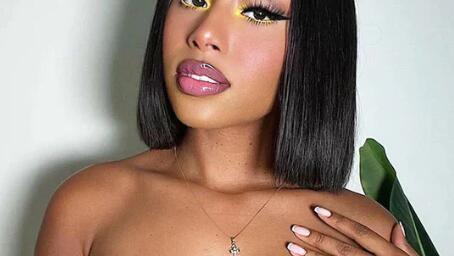 U Part VS V Part Wigs, Which One Is Better?
U Part VS V Part Wigs, Which One Is Better?